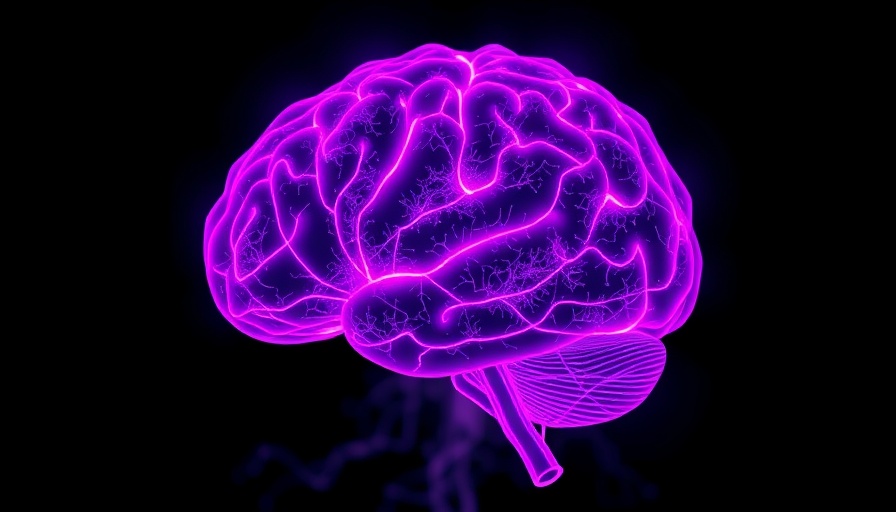
Understanding the Role of SLC13A5 in Neurological Health
Citrate, a crucial player in cellular metabolism, is at the heart of brain health. This compound, vital for neuron development and metabolic processes, depends on the proper functioning of a protein known as SLC13A5. This membrane transport protein is integral in facilitating citrate uptake in neurons, influencing their activity and overall health.
When the SLC13A5 protein is mutated, it can lead to serious conditions, particularly a form of epilepsy known as developmental epileptic encephalopathy (DEE). This condition is marked by impaired brain development and severe seizures, challenging the lives of those affected.
Deep Knowledge into Genetic Mutations
Recent research conducted at the CeMM Research Center for Molecular Medicine has employed groundbreaking techniques to explore the SLC13A5 protein's mutations. The study's extensive analysis included nearly 10,000 mutations, focusing on the distinct 38 that were experimentally verified.
This deep dive into the genetic aspects of SLC13A5 revealed the complexities of how different mutations affect the transporter's function. Understanding these variations is not merely academic; it helps pave the way for targeted therapies and interventions that could improve outcomes for individuals suffering from DEE.
Future Impact on Treatment Approaches
The implications of this research extend beyond just an understanding of epilepsy. With a clearer picture of how SLC13A5 mutations relate to neuronal health, researchers can better exploit this knowledge in developing health and wellness strategies tailored for neurological disorders. This leap is particularly important for advancing alternative and complementary medicine approaches, which seek to integrate natural therapies and lifestyle changes into treatment plans.
Health and Wellness in the Context of Epileptic Conditions
As the community increasingly values holistic health, the latest findings surrounding SLC13A5 add to a growing understanding of the connection between biological processes and health outcomes. It underscores the significance of nutrition, metabolism and their role in brain health—pivotal areas in community health and wellness discussions.
Particularly in urban centers like San Antonio, where health and wellness events engage the public, these insights can benefit many individuals. By raising awareness about the neurological impacts of specific dietary patterns or natural supplements, communities can foster a supportive environment that prioritizes brain health.
Common Misconceptions about Genetic Disorders
One common misconception surrounding genetic disorders is that they send individuals on a one-way path towards decline. However, the genomic research on SLC13A5 suggests that, while certain mutations can lead to severe conditions like DEE, awareness and targeted approaches can help in managing and potentially ameliorating symptoms.
This knowledge empowers individuals and families, providing them with actionable insights for lifestyle modifications—education that resonates deeply within the health and wellness sectors.
Moving Forward: Community Engagement and Awareness
As this research continues to unfold, it highlights the necessity for community-driven health initiatives and educational programs. Engaging health and wellness specialists, local practitioners, and even naturopathic doctors can amplify the discussion around managing neurological health through lifestyle medicine, dietary approaches, and natural therapies.
The goal is clear: to foster a holistic approach that integrates cutting-edge research with practical health strategies that benefit individuals, families, and communities as a whole.
To further your knowledge and proactively engage in your health and wellness journey, consider exploring local wellness events in San Antonio or resources provided by leading health practitioners. Understanding genetic health is just the beginning; active involvement in wellness communities can lead to meaningful change.
 Add Row
Add Row  Add
Add 




 Add Row
Add Row  Add
Add 


Write A Comment